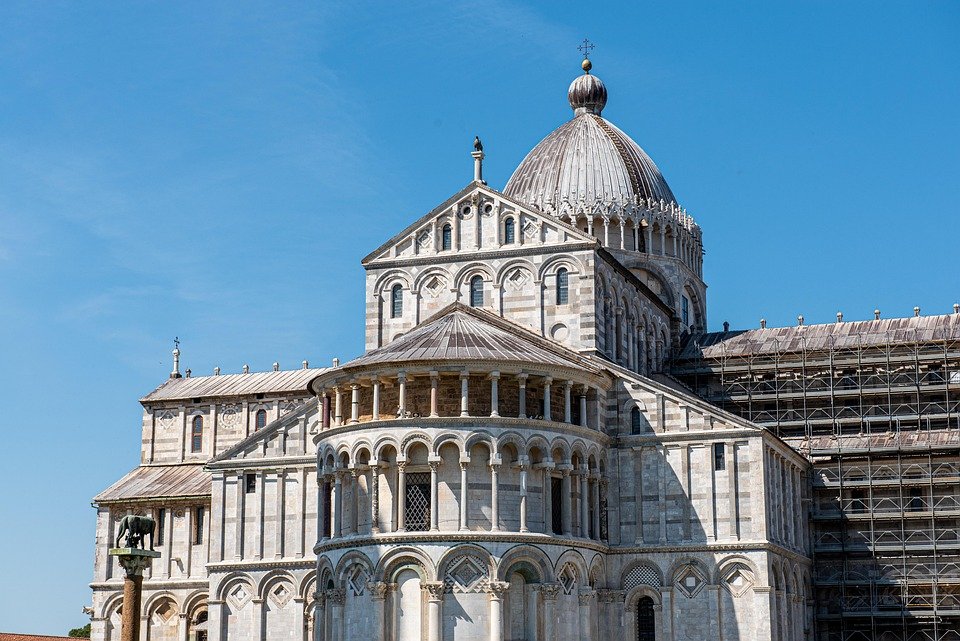

On this day: July 29
July 29 is a significant day in history, with many important events taking place on this date throughout the years. From political milestones to cultural achievements, July 29 has seen its fair share of noteworthy moments. Let’s take a look back at some of the key events that happened on this day.
July 29, 1588: The Spanish Armada is Defeated
One of the most famous naval battles in history took place on July 29, 1588, when the Spanish Armada was defeated by the English fleet. The Armada, a massive fleet of ships sent by King Philip II of Spain to invade England, was met by a smaller but more agile English fleet led by Sir Francis Drake and Lord Howard. The English ships used clever tactics and superior seamanship to outmaneuver the Spanish ships, leading to a decisive victory for England. This event marked a turning point in European history and established England as a dominant naval power.
July 29, 1914: The First World War Begins
On July 29, 1914, the first shots of what would become known as World War I were fired. The conflict began with the assassination of Archduke Franz Ferdinand of Austria-Hungary on June 28, 1914, but it was not until July 29 that Austria-Hungary declared war on Serbia, setting off a chain reaction of alliances and declarations of war that would engulf the world in four years of brutal conflict. The First World War would have a profound impact on the course of history, leading to the collapse of empires, the rise of new nations, and the deaths of millions of people.
July 29, 1958: NASA is Established
On July 29, 1958, President Dwight D. Eisenhower signed the National Aeronautics and Space Act, creating the National Aeronautics and Space Administration (NASA). NASA was established in response to the Soviet Union’s launch of the first artificial satellite, Sputnik, in 1957, and was tasked with leading America’s efforts in space exploration. Since its founding, NASA has been responsible for many landmark achievements, including the Apollo moon landings, the Space Shuttle program, and the Mars rover missions. NASA remains at the forefront of space exploration and scientific research to this day.
July 29, 1981: Prince Charles Marries Lady Diana
On July 29, 1981, Prince Charles, the heir to the British throne, married Lady Diana Spencer in a lavish ceremony at St. Paul’s Cathedral in London. The wedding was a global media event, watched by an estimated 750 million people around the world. The marriage of Charles and Diana was seen as a fairy tale romance, but it would ultimately end in divorce in 1996. The wedding of Charles and Diana remains one of the most iconic and memorable events in recent British history.
July 29, 2005: Hurricane Katrina Makes Landfall
On July 29, 2005, Hurricane Katrina made landfall on the Gulf Coast of the United States, causing widespread destruction and loss of life. The storm, one of the most powerful hurricanes ever recorded in the Atlantic, devastated the city of New Orleans and surrounding areas, leading to catastrophic flooding and the displacement of thousands of people. The aftermath of Hurricane Katrina exposed deep social and economic inequalities in America and led to a national reckoning with the country’s readiness for natural disasters.
Conclusion
July 29 has been a day of both triumph and tragedy throughout history, with events that have shaped the world we live in today. From naval battles to space exploration, from royal weddings to natural disasters, the events of July 29 have left a lasting impact on society. As we look back on these key moments in history, we can gain a greater understanding of the forces that have shaped our world and appreciate the resilience and ingenuity of humanity in the face of challenges.







